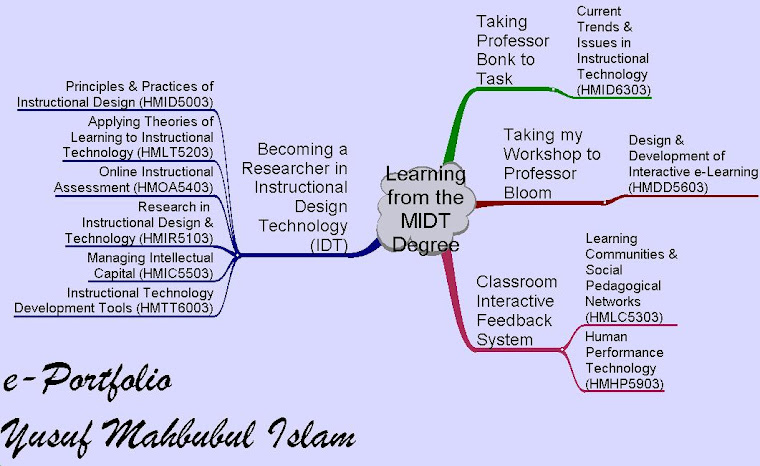I live and work in a developing country – Bangladesh. Although by profession I am an Associate Professor of Computer Science, my driving passion has been educating people. Giving recognition to my passion, two years ago I was made the Executive Director of the new Human Resources Development Institute at my university. With the learning from the subjects in the MIDT degree, I believe my professional background and my passion have come together. The degree, therefore, has been quite useful in stepping me towards achieving my aim in life – getting people to learn and achieve their goals in life.
My university - Daffodil International University, is a private university in Bangladesh. It is about twenty years since the first private university was established. Now there are about 54 private universities. The education delivered promotes mostly rote learning. The students from the apparently better universities are able to present things smartly, but are generally not problem solvers or thinkers. My own journey to being the educator I am today involved a lot of reflection at every stage. I find such reflection missing in both teachers and students that I come across at my university. The challenge I feel is to make people reflective - with the firm belief that reflective people will look into problems and reflect on solutions.
Currently, most courses at MIDT have led me thinking as to how the techniques can be applied local courses and students. Some ideas have led to implementation, reflection, adaptation and pockets of success. I would like to share the successes and the road to success with the Chairman of my university and others who would be interested.
The purpose of this e-Portfolio is to show:
- how I have applied what I have learned at MIDT to various projects at my university
- how useful the MIDT degree has been to my journey to becoming an effective educator
- how useful it may be to other educators at my university and the benefits it can bring to university education in general.

No comments:
Post a Comment